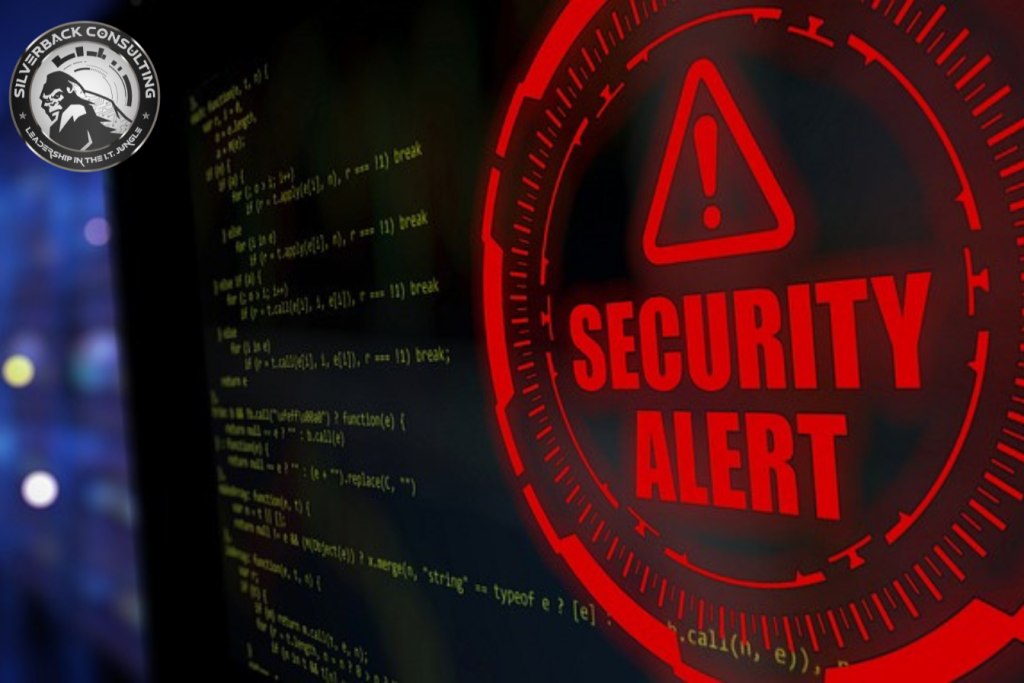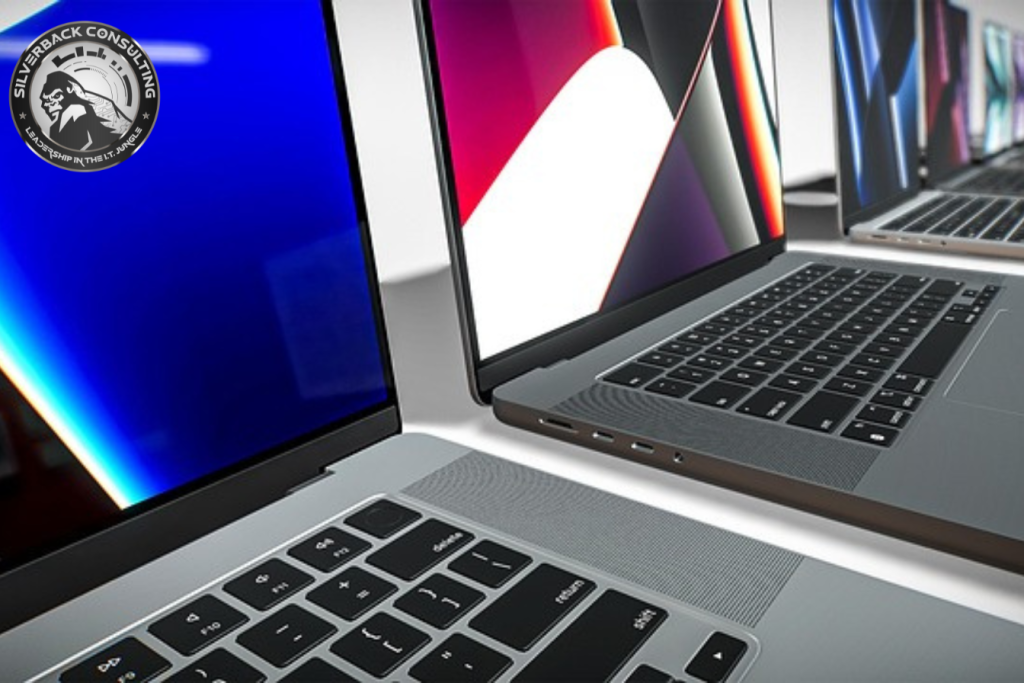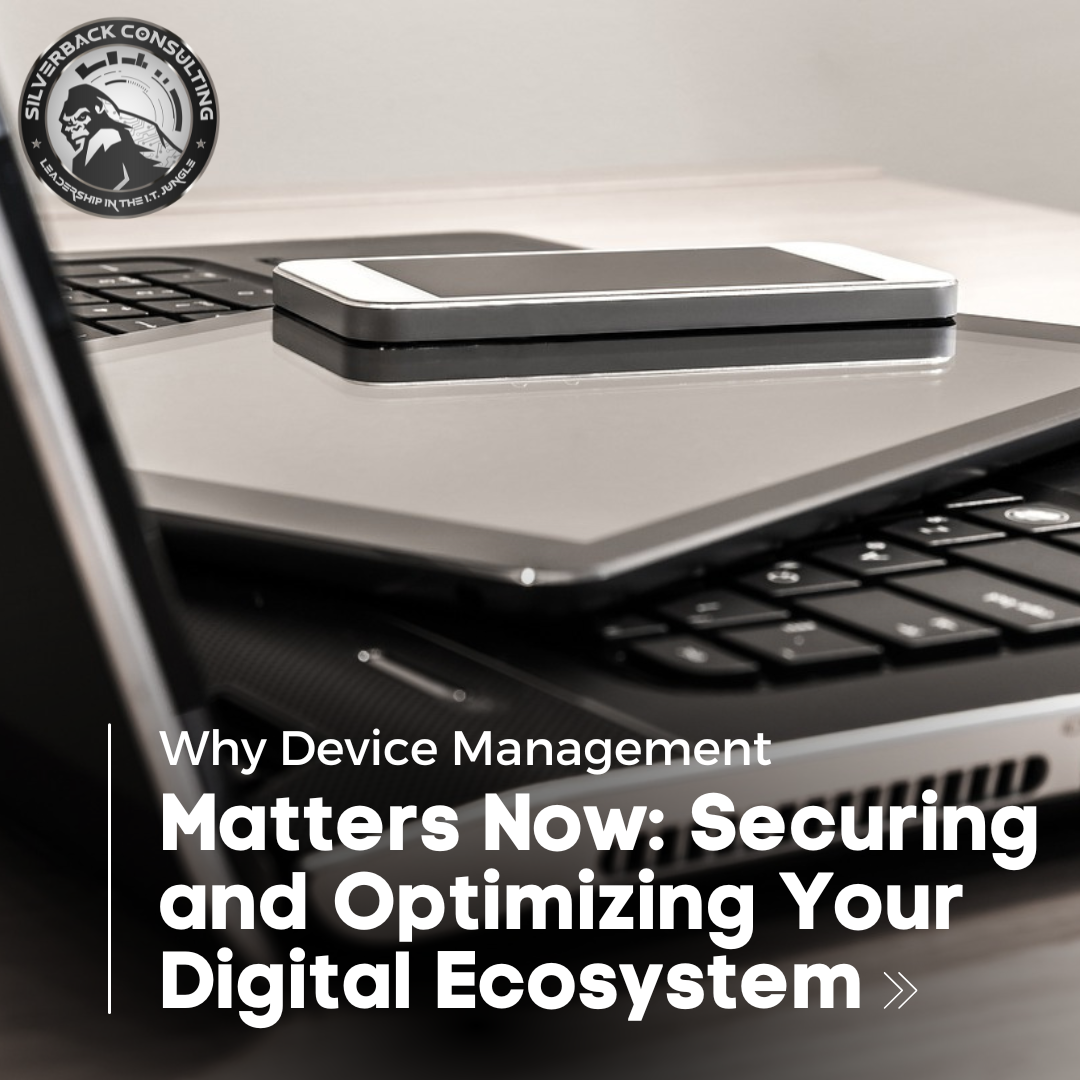Introduction
Why device management matters now is a question that every organization, business, and individual should consider in today’s fast-paced digital environment.
As remote work, cloud computing, and mobile devices become the norm, managing and securing these devices has never been more critical.
Cyber threats are evolving, data breaches are on the rise, and businesses must ensure that every device accessing sensitive information remains protected.
Device management plays a crucial role in securing endpoints, maintaining compliance, and optimizing performance.
Without a robust management strategy, organizations risk data leaks, inefficiencies, and security vulnerabilities that could cripple operations.
This article explores why device management is essential today, how it impacts security and productivity, and the best practices for implementing an effective strategy.
Why Device Management Matters Now More Than Ever

With businesses relying on a diverse range of devices—laptops, smartphones, tablets, and IoT devices—ensuring that each one is properly monitored and secured is a top priority.
The rise of remote work and hybrid office models has introduced new challenges, making device management indispensable for IT teams and business leaders.
Here are the key reasons why device management is more crucial now than ever before:
Cybersecurity Threats Are Evolving
Cybercriminals are constantly developing sophisticated attacks, targeting vulnerabilities in unmanaged or outdated devices.
Phishing attacks, ransomware, and malware exploit weak security measures, leading to massive data breaches.
Device management helps enforce strong security policies, ensuring that all devices have updated software, firewalls, and encryption.
The Rise of Remote and Hybrid Work
The shift to remote work has expanded the attack surface for organizations.
Employees now access corporate networks from various locations, often using personal or unmanaged devices.
Without proper device management, businesses have little control over these endpoints, increasing security risks.
Implementing Mobile Device Management (MDM) and Endpoint Detection and Response (EDR) solutions allows IT teams to secure and monitor devices, even when employees work remotely.
Compliance and Data Protection Regulations
Governments and regulatory bodies worldwide have enforced stringent data protection laws, such as GDPR, HIPAA, and CCPA. Organizations must ensure that devices comply with these regulations to avoid fines and legal consequences.
Device management solutions help enforce compliance by tracking access, encrypting sensitive data, and ensuring secure configurations.
Increased Productivity and Efficiency
Unmanaged devices can lead to system downtime, slow performance, and lost productivity.
Proper device management ensures that software updates, security patches, and performance optimizations are handled proactively.
IT teams can remotely troubleshoot and resolve issues, reducing downtime and keeping employees productive.
Managing a Growing Number of Devices
As businesses expand, so does the number of devices they use.
Internet of Things (IoT) devices, company-issued laptops, and smartphones all require consistent monitoring.
A centralized device management strategy ensures that IT administrators can oversee all endpoints from a single dashboard, simplifying operations and reducing risks.
Best Practices for Effective Device Management

To enhance security, efficiency, and compliance, organizations should adopt best practices in device management.
Here are key strategies to implement:
Implement a Unified Endpoint Management (UEM) Solution
UEM platforms provide a centralized approach to managing all devices—desktops, mobile phones, tablets, and IoT devices. This ensures a consistent security policy across all endpoints and streamlines device monitoring.
Enforce Strong Security Policies
- Require strong passwords and multi-factor authentication (MFA).
- Enable encryption on all devices.
- Regularly update software and apply security patches.
- Restrict access based on user roles and privileges.
Enable Remote Device Monitoring and Management
With remote work becoming the norm, businesses should deploy solutions that allow IT teams to monitor and manage devices remotely. This includes remotely wiping lost or stolen devices and detecting unauthorized access.
Educate Employees on Cybersecurity Risks
Human error remains a leading cause of security breaches. Training employees on best practices—such as recognizing phishing emails and avoiding unsecured networks—can strengthen overall security.
Regularly Audit and Update Device Policies
Technology evolves rapidly, and so should device management policies.
Organizations must conduct regular audits to identify vulnerabilities, update security measures, and ensure compliance with the latest regulations.
Conclusion
Why device management matters now is evident in the face of rising cybersecurity threats, remote work challenges, and strict compliance requirements.
Businesses that prioritize device management can enhance security, improve efficiency, and protect sensitive data.
Implementing best practices and leveraging advanced management solutions will ensure a safer and more productive digital environment.
As technology continues to evolve, organizations must stay ahead by adopting proactive device management strategies.
The cost of inaction is too high—now is the time to secure, optimize, and manage every device effectively.
FAQS
What is device management, and why is it important?
It involves monitoring, securing, and maintaining the various devices used in an organization, such as computers, smartphones, and tablets. It is important for preventing security threats, ensuring compliance, and optimizing business operations.
What are the risks of not managing devices properly?
Unmanaged devices can lead to security vulnerabilities, data breaches, non-compliance with regulations, and productivity loss due to outdated or compromised systems.
How does device management improve cybersecurity?
By implementing security policies, encryption, and regular updates, managing devices helps protect them from cyber threats like malware, phishing attacks, and data breaches.
How can businesses ensure compliance with data protection regulations?
Organizations should implement device management policies that include encryption, access controls, employee training, and regular audits to comply with laws like GDPR, HIPAA, and FTC Safeguards Rule.
Why is device management more critical now than before?
With the rise of remote work, cloud computing, and increased cyber threats, businesses need robust strategies to protect sensitive data and maintain operational efficiency.
What is the best way to get started with managing devices?
The best approach is to adopt a Unified Endpoint Management (UEM) solution that allows businesses to monitor and secure all devices from a single platform while enforcing security policies and compliance measures.
Ensure Your Business Stays Secure and Compliant
Is your organization ready for today’s cybersecurity demands? We help SMBs, dealerships, medical practices, non-profits, and DoD contractors implement reliable, scalable device management solutions.
From endpoint protection and patching to compliance enforcement and lifecycle management, our device management services reduce risk, improve efficiency and keep your business audit-ready.
Secure Your Business Today — Let’s Talk Device Management
Fill out the form below and our team will reach out within 1 business day to evaluate your current environment and identify ways to improve security and compliance.
Silverback Consulting
303 South Santa Fe Ave
Pueblo, CO 81003
719-452-2205
support@silverbackconsulting.us
“Leadership in the I.T. Jungle”




